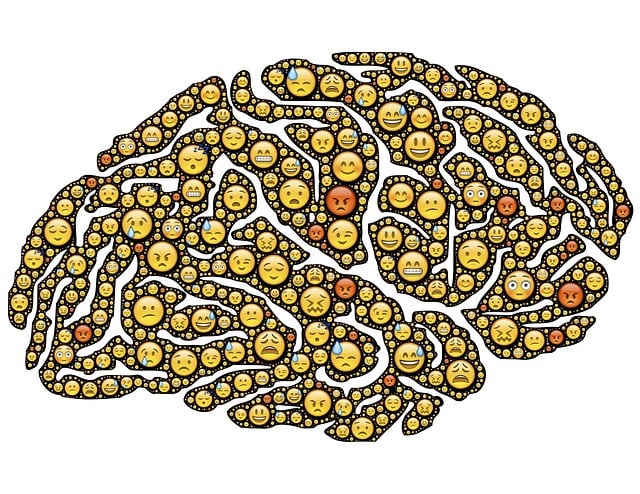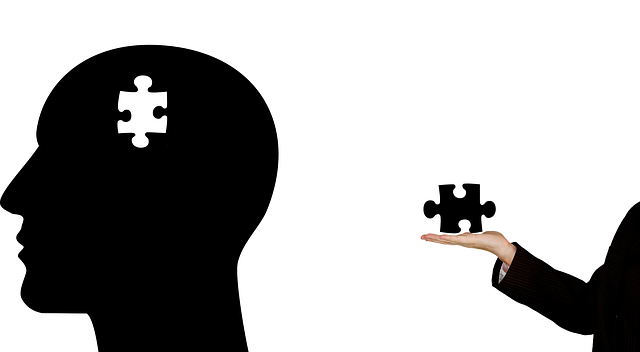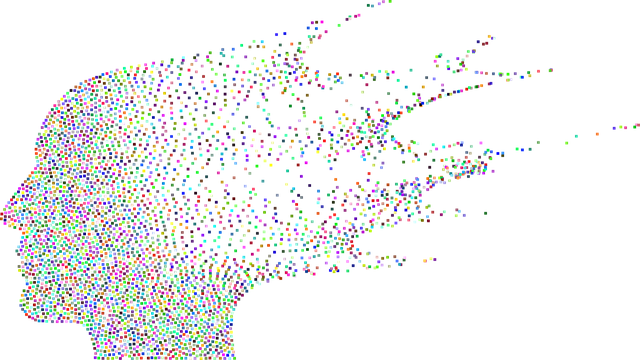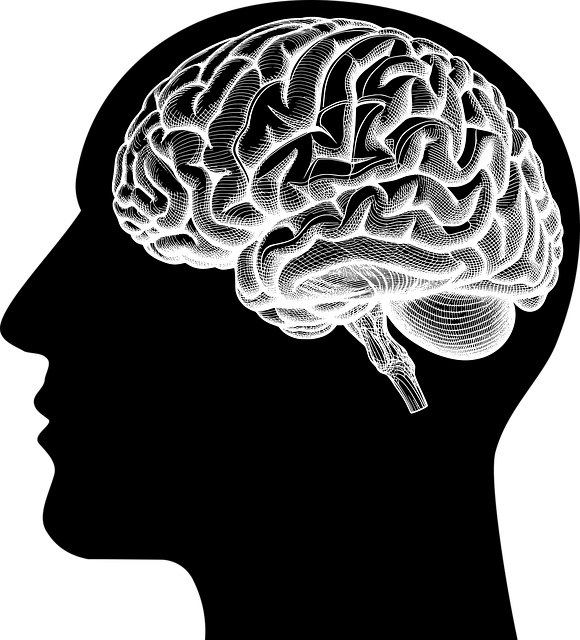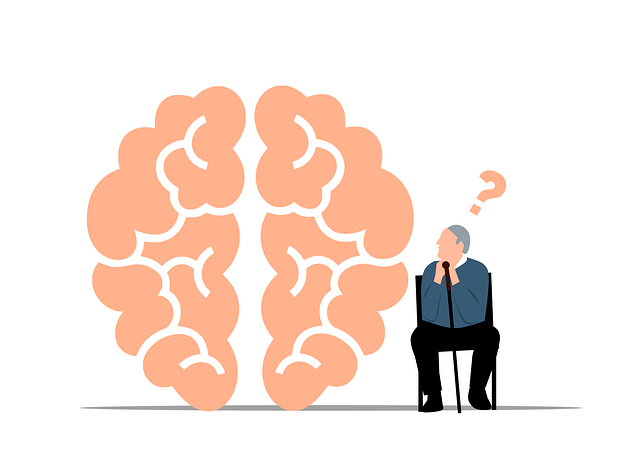Understanding Mental Health Data Collection for Young Children highlights the unique challenges and specialized tools, such as drawing exercises, play therapy, and age-appropriate questionnaires, used to assess emotional states, behaviors, and experiences. Eye Movement Desensitization and Reprocessing (EMDR) is a powerful therapy that combines eye movements with memory recall to process traumatic memories, fostering resilience and emotional regulation skills in young children. Data analysis, using rigorous statistical methods and ethical considerations, is crucial for evaluating EMDR certified therapy effectiveness while considering cultural, socioeconomic factors. Early intervention and tailored interventions based on data trends improve mental well-being, addressing specific concerns and promoting long-term emotional regulation.
Mental health data analysis is crucial for understanding and enhancing the well-being of young children. This article delves into key aspects, starting with exploring effective data collection methods tailored to this demographic. We then scrutinize Eye Movement Desensitization and Reprocessing (EMDR), an evidence-based therapy with powerful data interpretation capabilities.
Subsequent sections detail advanced techniques for analyzing and interpreting mental health data, while emphasizing considerations specific to young children. Finally, we discuss practical applications of insights derived from data in fostering optimal development and outcomes for this vulnerable population, highlighting the importance of EMDR-certified professionals.
- Understanding Mental Health Data Collection for Young Children
- The Role of EMDR in Data Interpretation and Therapy
- Analyzing and Interpreting Data: Techniques and Considerations
- Applying Insights from Data to Enhance Young Children's Well-being
Understanding Mental Health Data Collection for Young Children

Understanding Mental Health Data Collection for Young Children
Collecting mental health data from young children requires a delicate balance between scientific rigor and child-centric approaches. Given the developmental differences in communication, researchers often employ specialized assessment tools tailored to their age groups. These tools, such as drawing exercises, play therapy sessions, or age-appropriate questionnaires, capture children’s emotional states, behaviors, and experiences in ways they can relate to. For instance, EMDR (Eye Movement Desensitization and Reprocessing) certified therapists use this approach to help young clients process traumatic memories while fostering their capacity for self-regulation.
Integrating therapy for young children with evidence-based practices like EMDR, alongside the development of effective mental wellness coaching programs, contributes significantly to their overall mental health. These interventions not only address immediate concerns but also equip children with essential self-care practices and empathy building strategies that can empower them throughout their lives.
The Role of EMDR in Data Interpretation and Therapy

Eye Movement Desensitization and Reprocessing (EMDR) is a powerful tool in mental health data analysis and interpretation, especially when treating young children. This therapy approach has been specifically adapted to suit the unique needs of pediatric clients, focusing on resilience building through emotional processing. By combining eye movements with guided memory recall, EMDR helps young individuals process traumatic memories or distressing experiences, fostering better mood management.
EMDR-certified therapists play a crucial role in interpreting data gathered from various assessment tools and interventions. They utilize the child’s natural ability to heal by encouraging them to revisit and reframe negative thoughts and emotions. This process not only aids in depression prevention but also empowers children with coping strategies for future challenges. Through EMDR, therapists can help young patients make sense of their experiences, enhance their emotional regulation skills, and promote overall mental well-being.
Analyzing and Interpreting Data: Techniques and Considerations

Analyzing and interpreting mental health data is a meticulous process that demands a multidisciplinary approach. Therapists utilizing techniques like Eye Movement Desensitization and Reprocessing (EMDR) for young children must employ rigorous statistical methods to extract meaningful insights from collected data. This involves not just descriptive analysis, but also inferential statistics to draw conclusions about the effectiveness of specific therapies, such as EMDR, in treating various mental health conditions.
Considerations during this phase are vast. Researchers and therapists must adhere to ethical guidelines, ensuring data privacy and confidentiality. They should also employ techniques like Mind Over Matter principles to build resilience and emotional well-being promotion methods that complement therapeutic interventions. Moreover, interpreting results requires a nuanced understanding of the context in which the data was collected, considering factors such as cultural background, socioeconomic status, and other potential confounds that could influence outcomes. This holistic approach ensures that data analysis leads to evidence-based decisions and informed clinical practices, ultimately enhancing the confidence boosting capabilities of mental health services.
Applying Insights from Data to Enhance Young Children's Well-being

In recent years, there has been a growing recognition of the importance of early intervention in mental health support for young children. Data analysis plays a pivotal role in identifying trends and patterns within child populations, enabling professionals to tailor interventions effectively. By applying insights derived from data, therapists using evidence-based methods like EMDR (Eye Movement Desensitization and Reprocessing) can enhance the well-being of young clients. This approach not only aids in addressing specific mental health concerns but also promotes emotional regulation skills crucial for long-term resilience.
Incorporating mental health policy analysis and advocacy into this process ensures that the needs of young children are reflected in broader societal structures. Social skills training, another beneficial component, equips children with the tools to navigate relationships and environments, fostering a sense of belonging and security. Together, these strategies create a comprehensive framework for nurturing the mental health and overall development of young individuals.
Mental health data analysis plays a pivotal role in enhancing therapy for young children, especially when incorporating Evidence-Based Techniques like EMDR. By understanding data collection methods and applying advanced interpretation techniques, professionals can effectively support the well-being of young clients. The insights derived from this process enable tailored interventions that address specific needs, fostering growth and resilience in these vulnerable populations. For parents and caregivers, being informed about these processes empowers them to actively participate in their child’s journey towards mental health recovery, ensuring a holistic approach guided by data-driven decisions.



